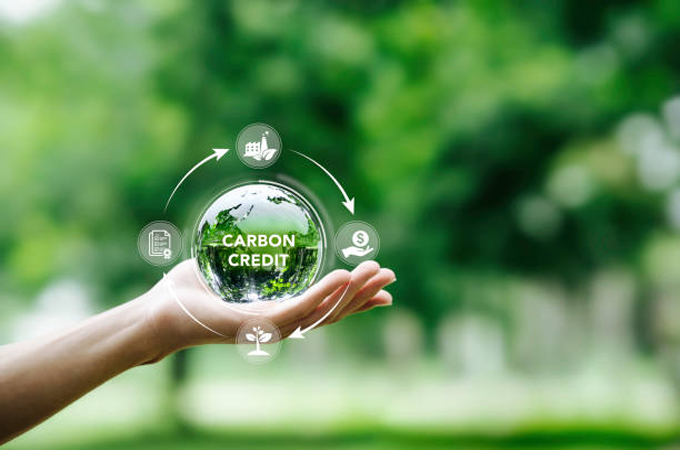 Image by Khanchit Khirisutchalual/ iStock
Image by Khanchit Khirisutchalual/ iStock
Global revenues from the sale of carbon permits in emissions trading systems (ETS) grew to a record $74 billion last year, as governments increasingly turn to such schemes to help tackle global warming, a report showed.
The $74 billion raised from permit auctions in 2023 was up from $64 billion in 2022.
Jurisdictions making up 58 per cent of global gross domestic product are now using an ETS, according to the intergovernmental forum International Carbon Action Partnership's (ICAP) annual emissions trading status report.
Currently, 36 such systems are in place, compared to 28 last year and another 22 ETS are under development or consideration, including in Argentina, Brazil, India, Turkey and Vietnam.
"Emissions trading is a proven policy tool which can cut emissions faster, and at a lower cost, than other options. The uptake of emissions trading captured by this year's report is
encouraging, as is the innovations and fresh thinking some jurisdictions are bringing to the table to make it work for their local circumstances," said Stefano De Clara, head of the ICAP Secretariat.
Under an ETS, governments set a gradually decreasing cap on the amount of emissions that a sector, or group of sectors, can produce. They create carbon permits for those emissions, which are auctioned, and companies must buy one for each tonne of CO2 they emit.
Higher carbon permit prices in two of the schemes in particular - the European Union's ETS and its British counterpart - helped to increase revenues last year, as well as more auctions of permits to distribute them among industry, the report said.
The EU ETS is the most established scheme in the world and the largest in terms of trading volume and value. Revenues raised from it last year totalled $47.1 billion last year. -Reuters


































































